PyData Dublin #7 at TU Dublin
PyData Dublin Meetup #7 was hosted by TU Dublin on Wednesday evening, 26th June 2019. We’re immensely grateful to Bojan Božić, Assistant Lecturer at TU Dublin, for making this possible. We didn’t get a chance to snap a photo but we feel the image below is a good proxy for the amount of pizza TU Dublin provided!
10/10 would recommend again! 🤤😊

Understanding traffic through video analytics from instrumented vehicles
An immense amount of data is produced for a single instrumented vehicle making it impossible to annotate manually. Therefore, automated image techniques are being employed to help. As a Principal Investigator on the EU H2020 funded Cloud-LSVA and VI-DAS projects, Suzanne discussed the research behind utilising big video and sensor data from instrumented vehicles for understanding traffic.
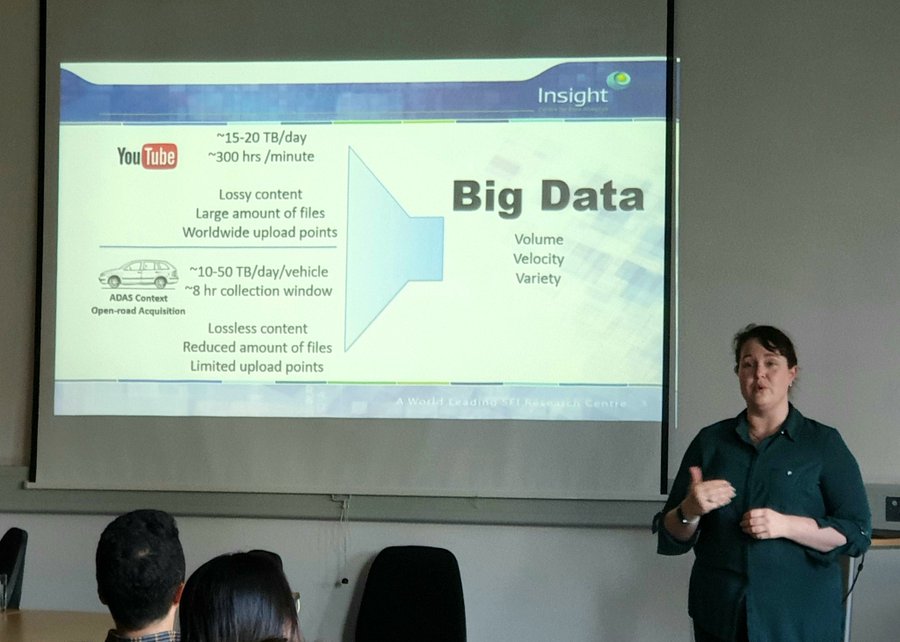
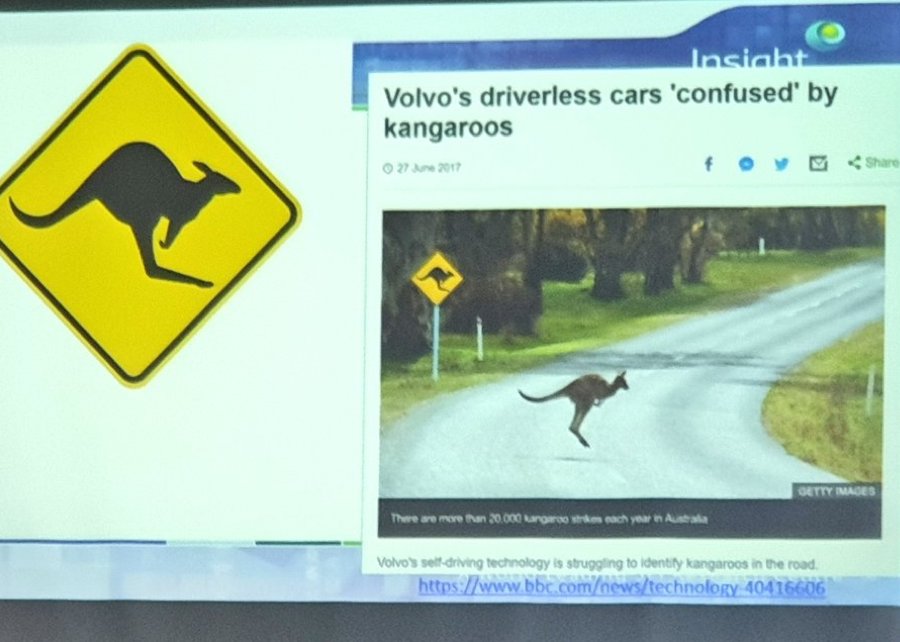
The Birth of Error Functions in Neural Networks
Mehran H. Bazargani // Video // Slides // Demo and Code
This talk was about the birth of error functions in Neural Networks. In particular, how Bayes’ rule can be used to develop such error functions. Throughout, Mehran explores the derivations, and specifically, explains how the Binary Cross Entropy error function is derived.
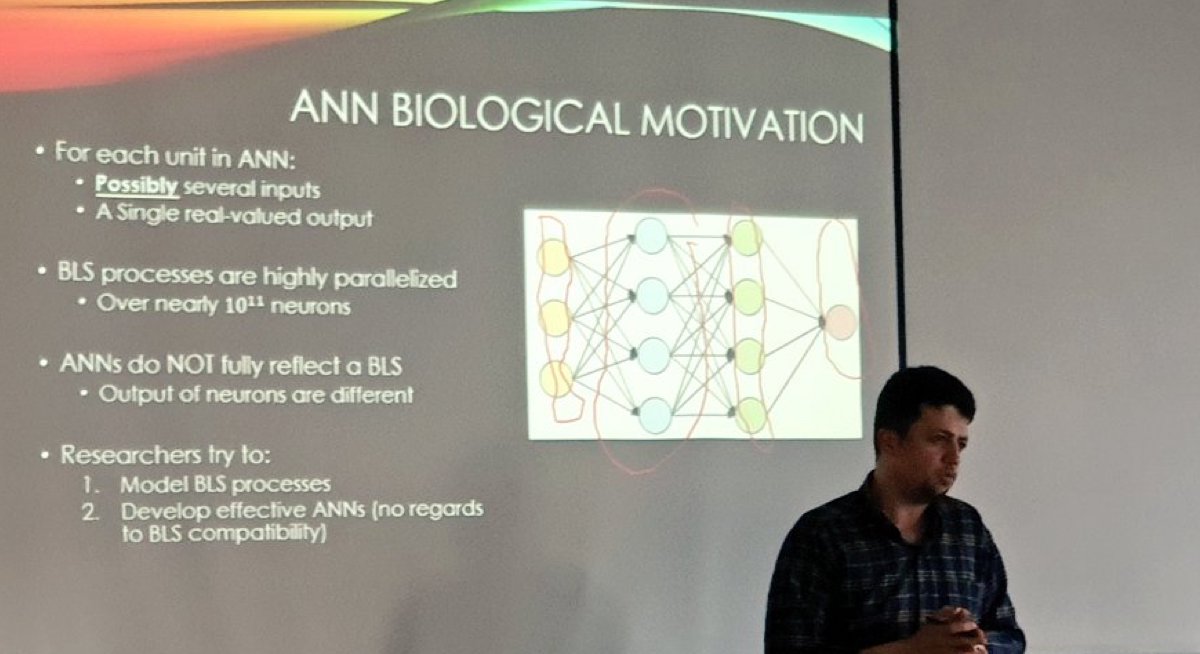
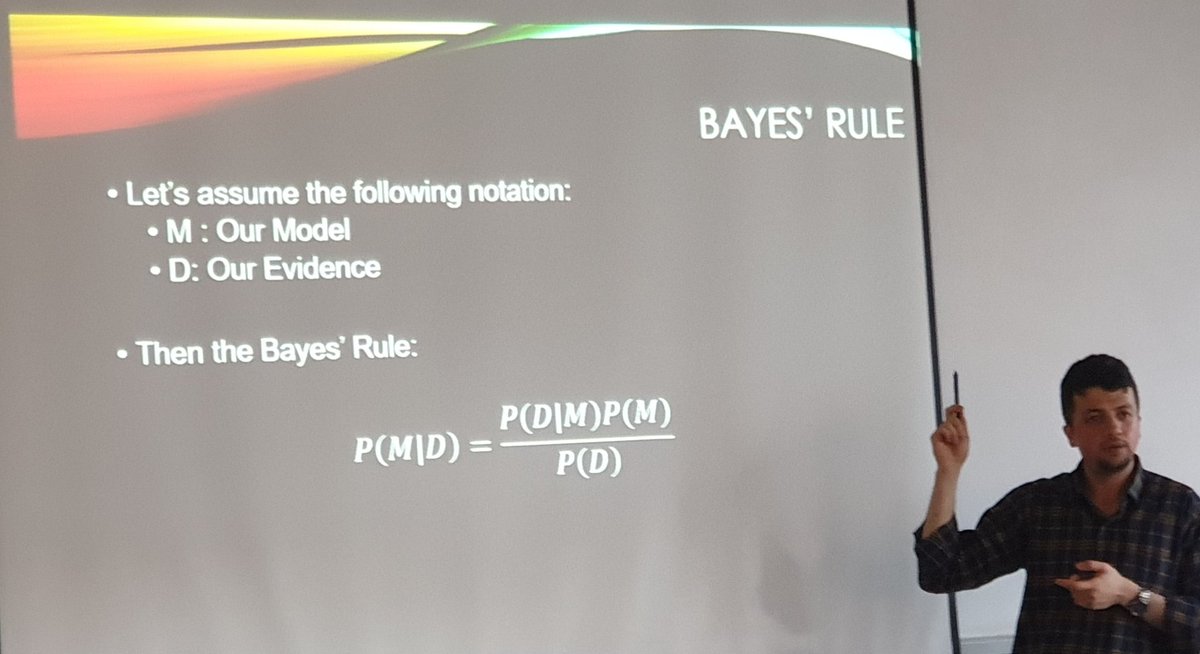
Probably Music
Josh Smith // Slides * Soon!
Hidden Markov Models (HMMs) have the ability to interpret, generate, critique, and classify music. In this talk, Josh explored these four domain specific HMM use cases through the construction of a Python application that interprets MIDI files as music, critiques the source music and generates new music that is derived from the source.
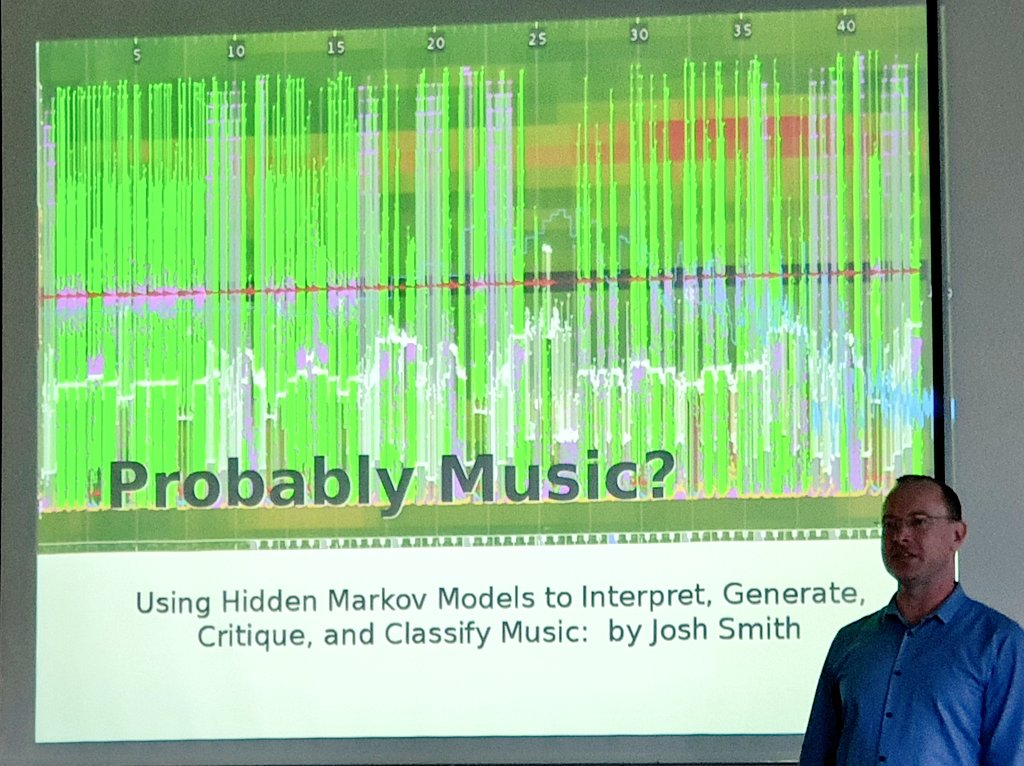
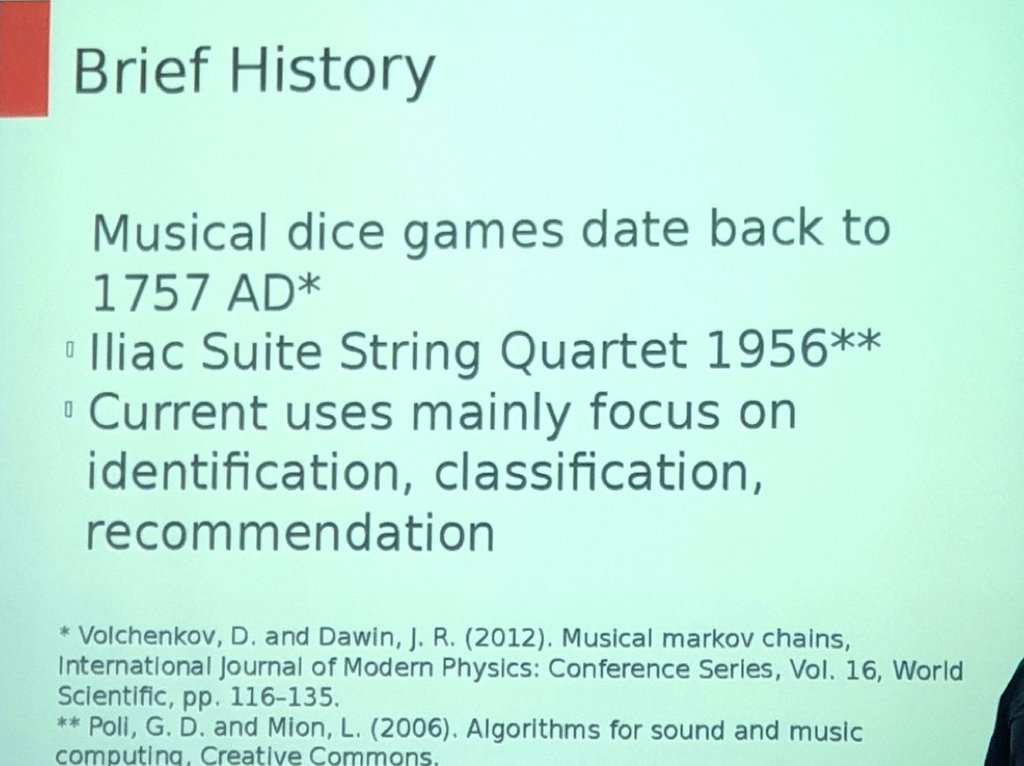
TU Dublin - Venue, Food, and Drinks
A massive thanks again to TU Dublin who provided the fantastic venue, food, and drinks for the night!
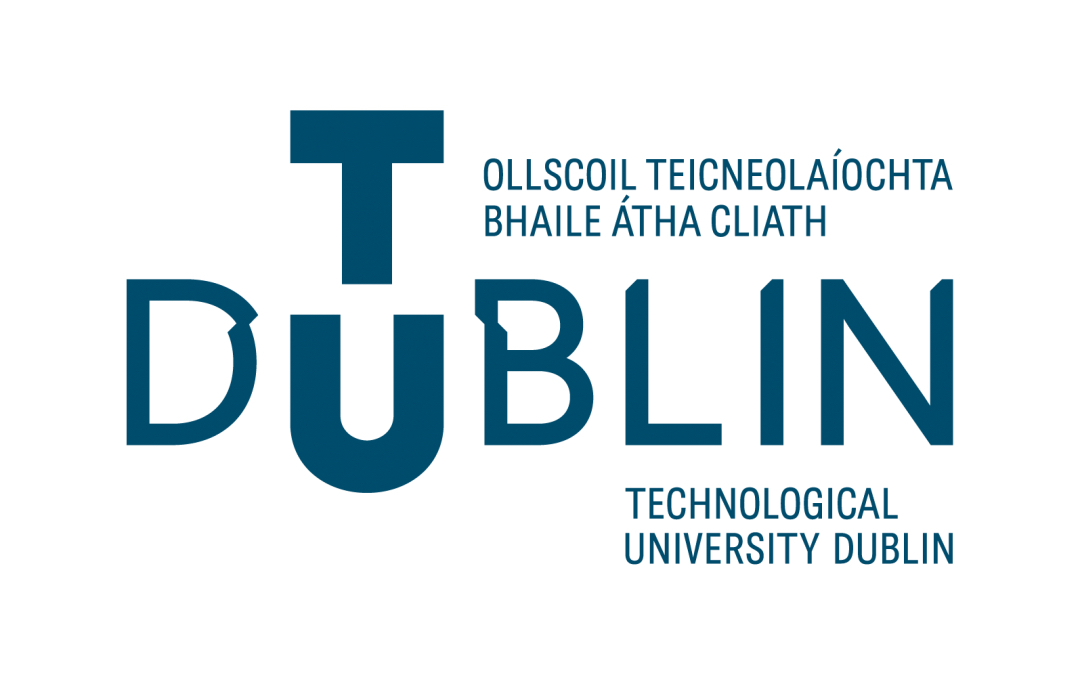
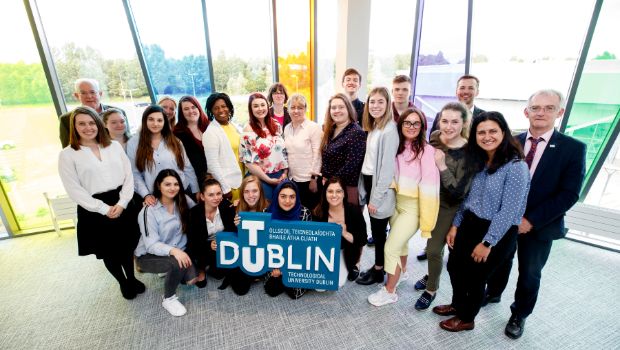
Want to Present or Host an Event?
Finally, if you’d like to present a talk or become a host for one of our events, please feel free to contact us through one of our many public forums (Twitter being the most active) or via email at:
![]()
We’re interested in a range of different talk types:
- 5 minute lightning talks, from describing a library you’ve found useful, to things you wish you’d known when you first started, or even the top 5 packages that you couldn’t live without.
- 15-20 minute talk with questions. Perhaps you’ve recently written a blog, project, or paper that relates to data analysis, management, processing, or visualization. Let us know and we can help you share it with the larger PyData community.
- 40 minute tutorial with questions, not only would you like to share your work but you’re interested in teaching/providing examples of the implementation behind it to.
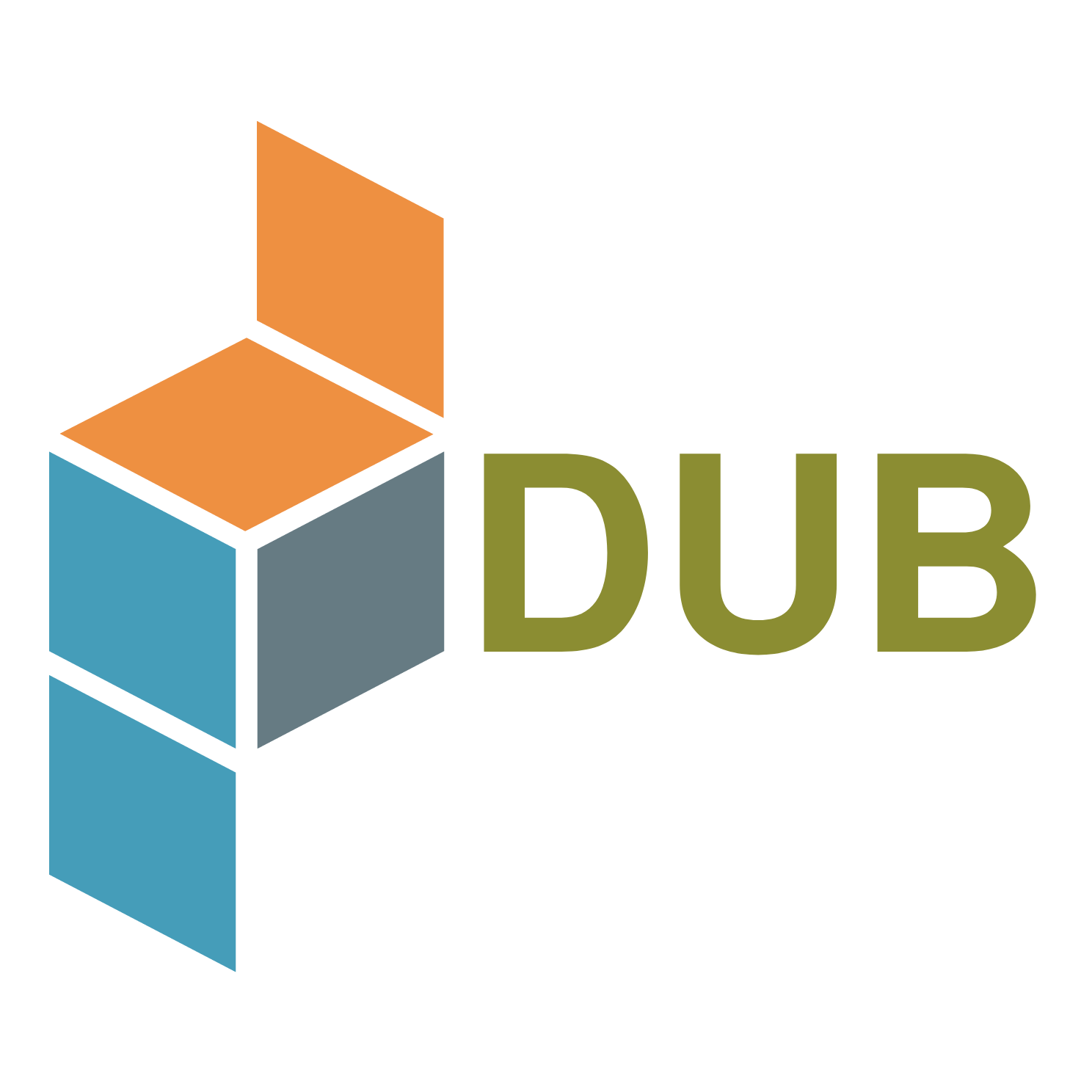
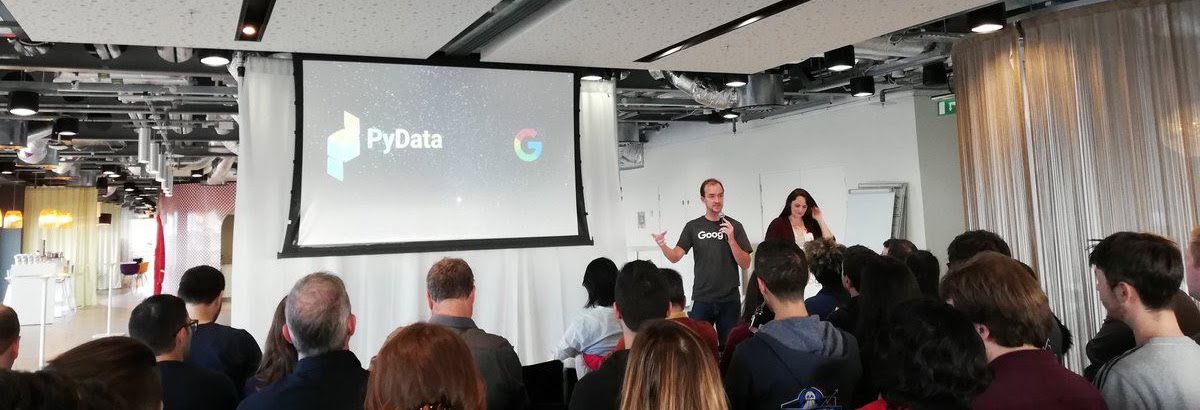

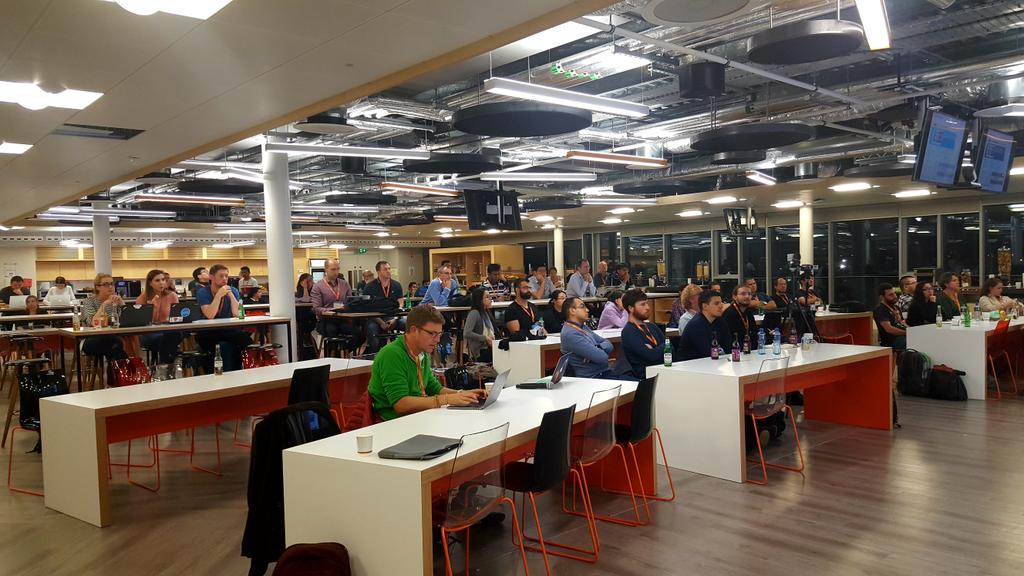
Leave a Comment